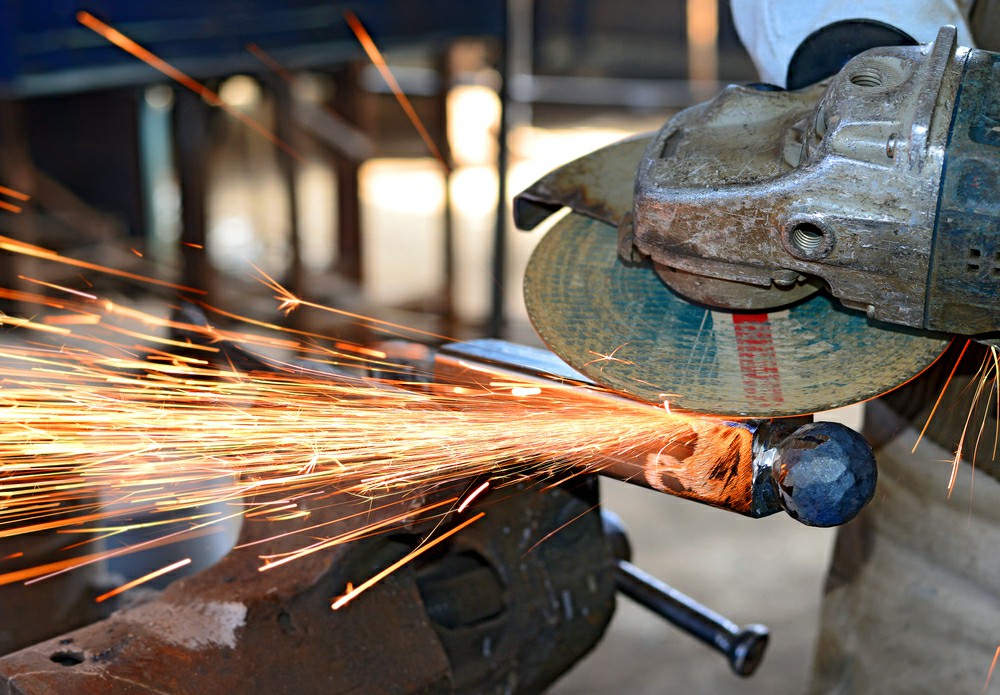


 349,500 Offered Certificates
349,500 Offered Certificates
 24/7 Online Training
24/7 Online Training
 Money Back Guarantee
Money Back Guarantee
 Fully Accredited Courses
Fully Accredited Courses

Created at: 23-02-2025 00:17
Abrasive wheels are widely used in various industries across Ireland, but they pose significant safety risks if not handled correctly. In this guide, we will explore the primary hazards associated with abrasive wheels, common injuries, and the best practices to mitigate these dangers. We will also discuss the importance of certified training and compliance with workplace safety regulations in cities like Dublin, Cork, Galway, Limerick, and Waterford.
Abrasive wheels are designed to cut, shape, or polish materials, but improper usage can lead to severe injuries or accidents. Key risks associated with abrasive wheels include:
Many workplace injuries occur due to preventable factors. Here are some of the most common causes:
Injuries caused by abrasive wheels are often severe and can include:
Such injuries have a tremendous impact on workers and employers alike, leading to increased healthcare costs, potential legal liabilities, and a decline in workplace morale.
To enhance workplace safety, it is essential to implement robust safety protocols:
Numerous accidents could have been avoided with proper training and safety measures:
Securing a safer working environment for employees handling abrasive wheels is an essential responsibility. By ensuring proper training, using appropriate safety equipment, and conducting thorough risk assessments, employers can significantly reduce the likelihood of workplace accidents. We encourage all employers and workers in Dublin, Cork, Galway, Limerick, Waterford, and beyond to invest in certified Abrasive Wheels training to stay compliant and protect their teams. For more information or to enroll in a course, contact us at [email protected].